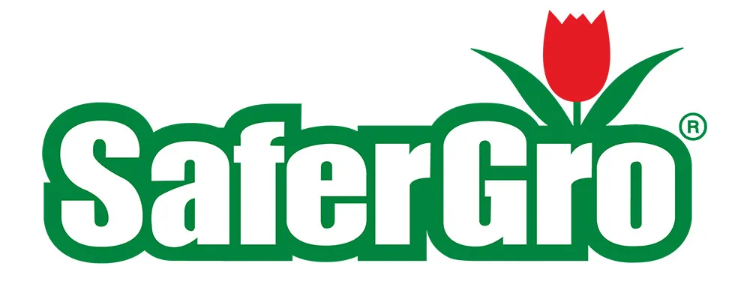Preparing Your Lawn for New Grass
Caring for your lawn can be very satisfying and helps improve your view of your home. By learning how to care for your own lawn you will see lush, thick turf, and the endless amounts of potential backyard and front yard entertainment. Through proper lawn maintenance and products, you’ll be on your way to have the lawn of your dreams. Today we will discuss in depth the prep work that needs to be done before planting new grass.
How to Prepare for Growing
Prior to planting it is important to soak your lawn days before. This helps to encourage a lively environment filled with active microbes. These microbes will encourage vigorous and healthy growth.
You may also want to test your soil pH. By testing your soil pH you will have a better understanding of the essential minerals that are available, or lacking, in your soil. Knowing this will help you to know what type of fertilizations or supplements your lawn needs and would benefit from. There are many tools online that will help you measure your soil precisely. However, with a few household items you can test your soil yourself using the baking soda and vinegar method.
Next, select the grass most suited for your area.

Selecting a Variety
Cool-Season Grasses
Cool-season grasses are well suited to the transition zone in the middle of the country. They grow best during the spring and fall. Most cool-season grasses are bunching varieties, meaning they grow outward from the crown of the grass plant. These grasses have a finer texture than warm-season varieties.
Popular Cool-Season Grasses
- Bluegrass
- Perennial ryegrass
- Tall fescue
- Fine fescue
Warm-Season Grasses
Warm-season grasses are suited for the southern part of the country, the transition zone in the middle of the country sometimes requires a mix of warm and cool varieties. Warm-season grasses grow during spring and summer. These varieties tolerate dry conditions. They have wide, coarse blades. Most warm-season grasses are creeping varieties, spreading by runners.
Popular Warm-Season Grasses
- Bahia
- Common Bermuda
- Hybrid Bermuda
- Centipede
- Zoysia

Soil Requirements
Using soil amendments can improve the quality of your soil. Penex, for example, helps promote deeper root systems and increases water efficiency. For a natural, chemical free alternative biological products can enhance the microbial community in your soil and allow for the grass to have easier nutritional uptake. This is best for homes or areas that want the sane growth and results chemical products offer but none of the effects or worries of harsher products, such as homes with outdoor pets or small children.
Conclusion
Stay up to date with our blog for more information on how to grow a healthy and vivacious lawn, Next week we will go over a how to guide for planting grass.
Share
